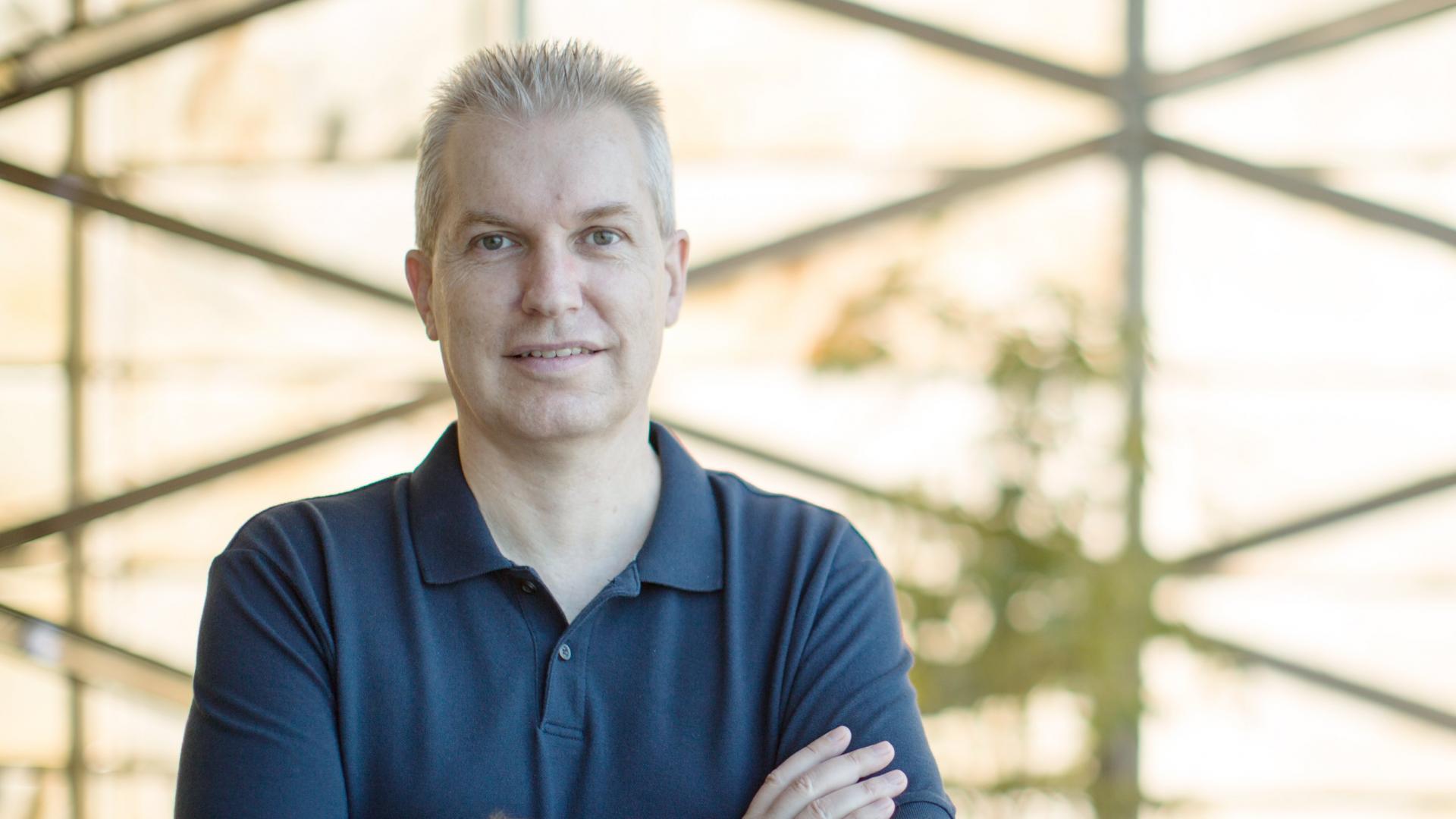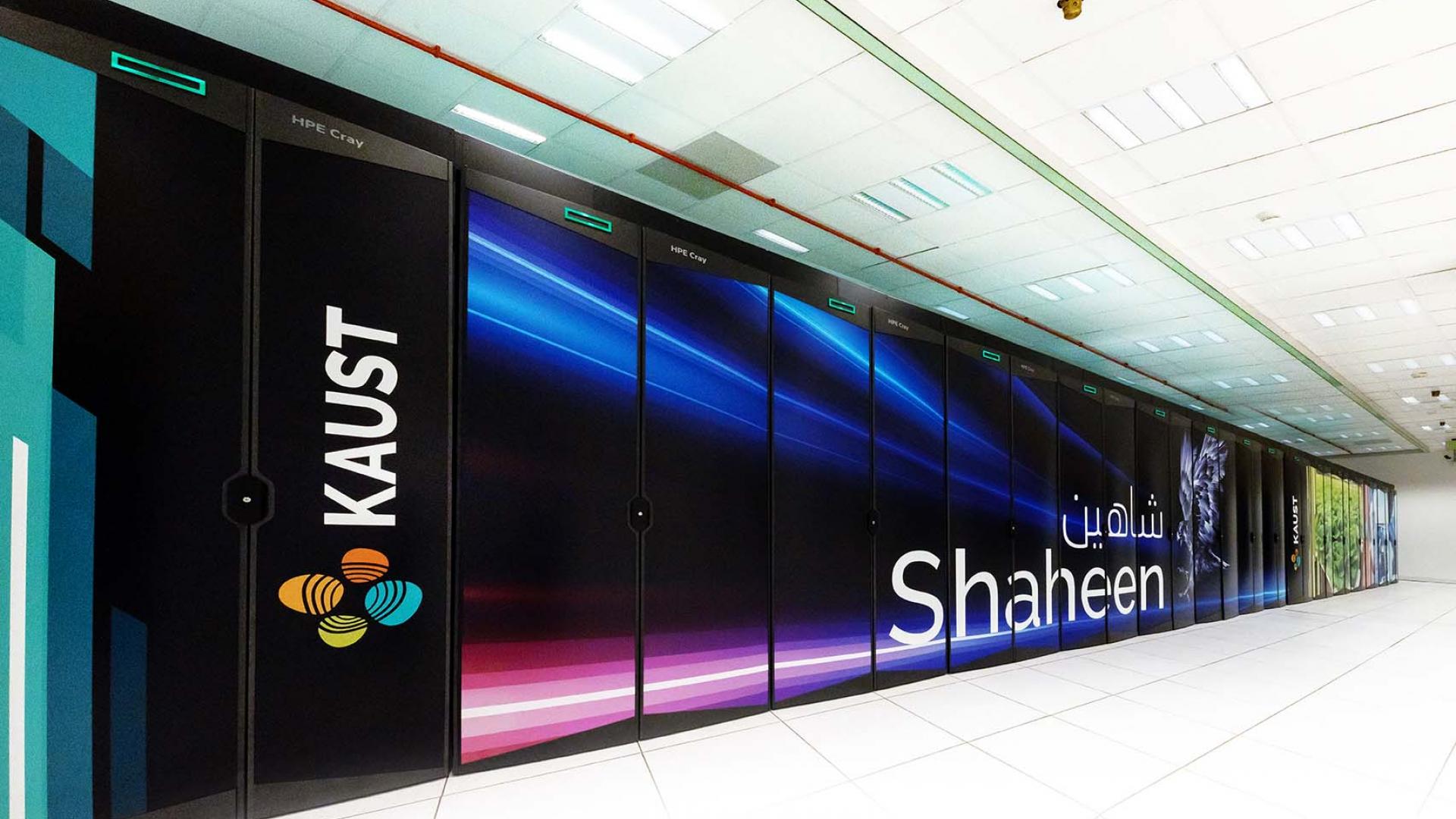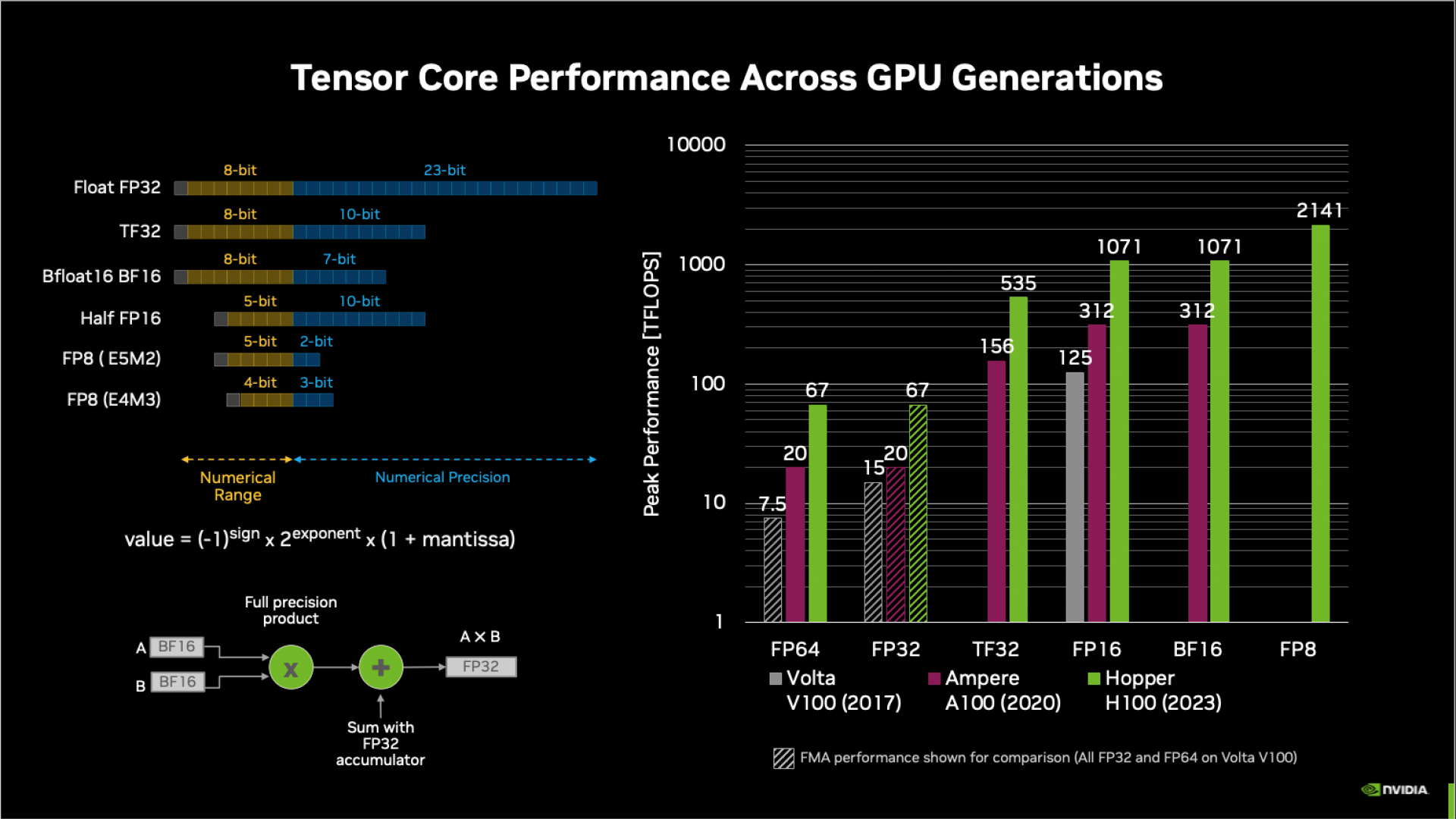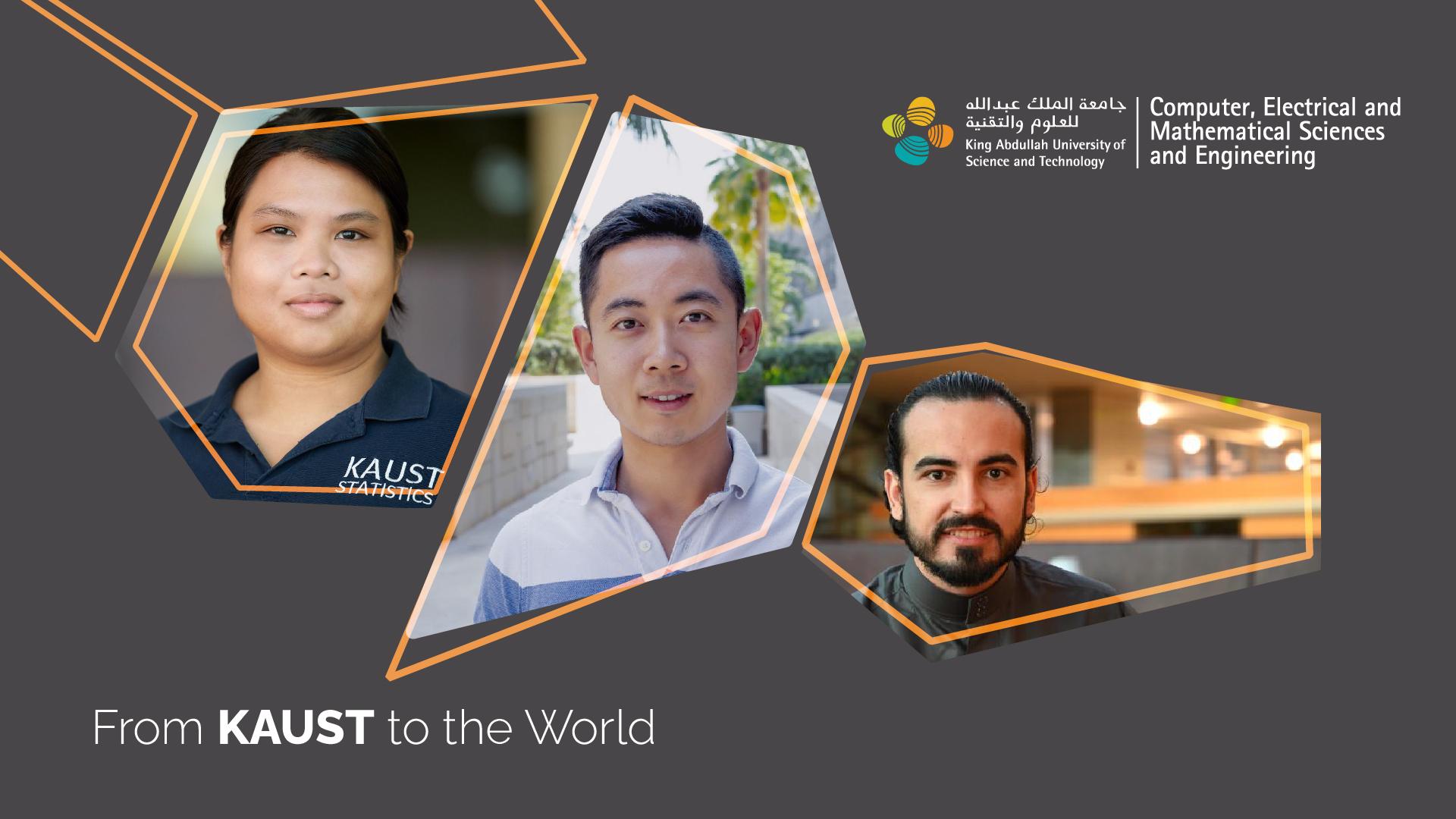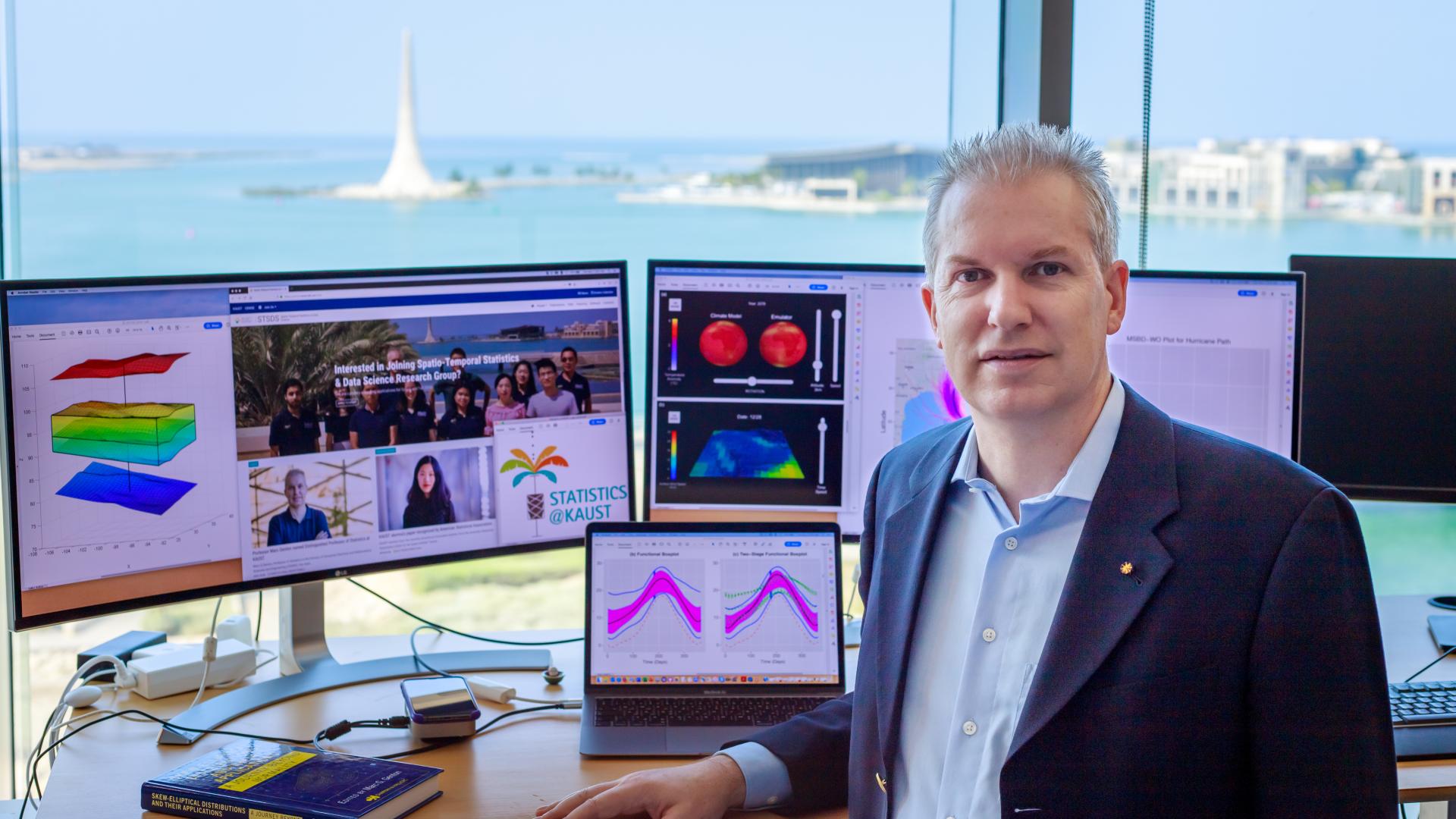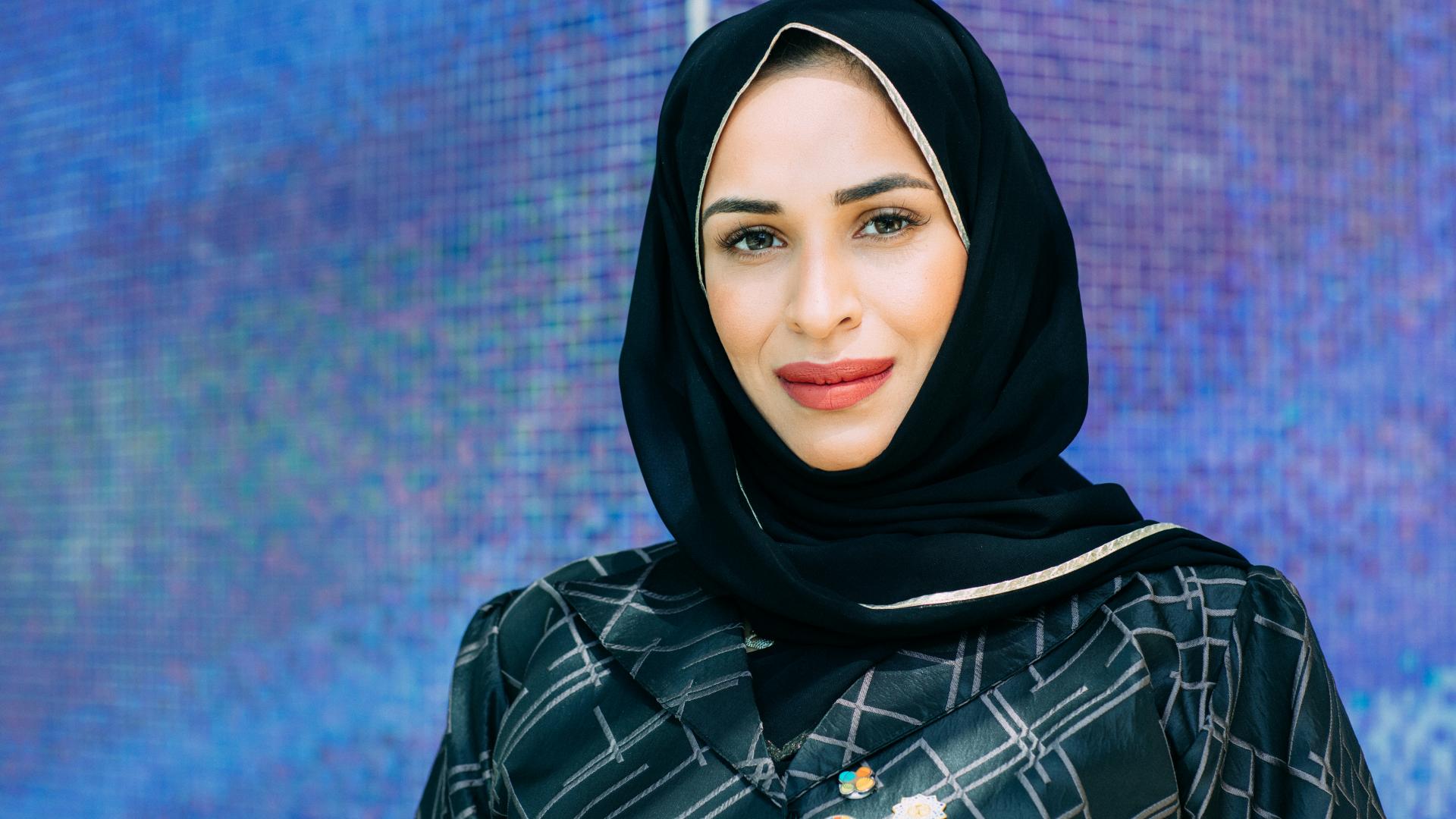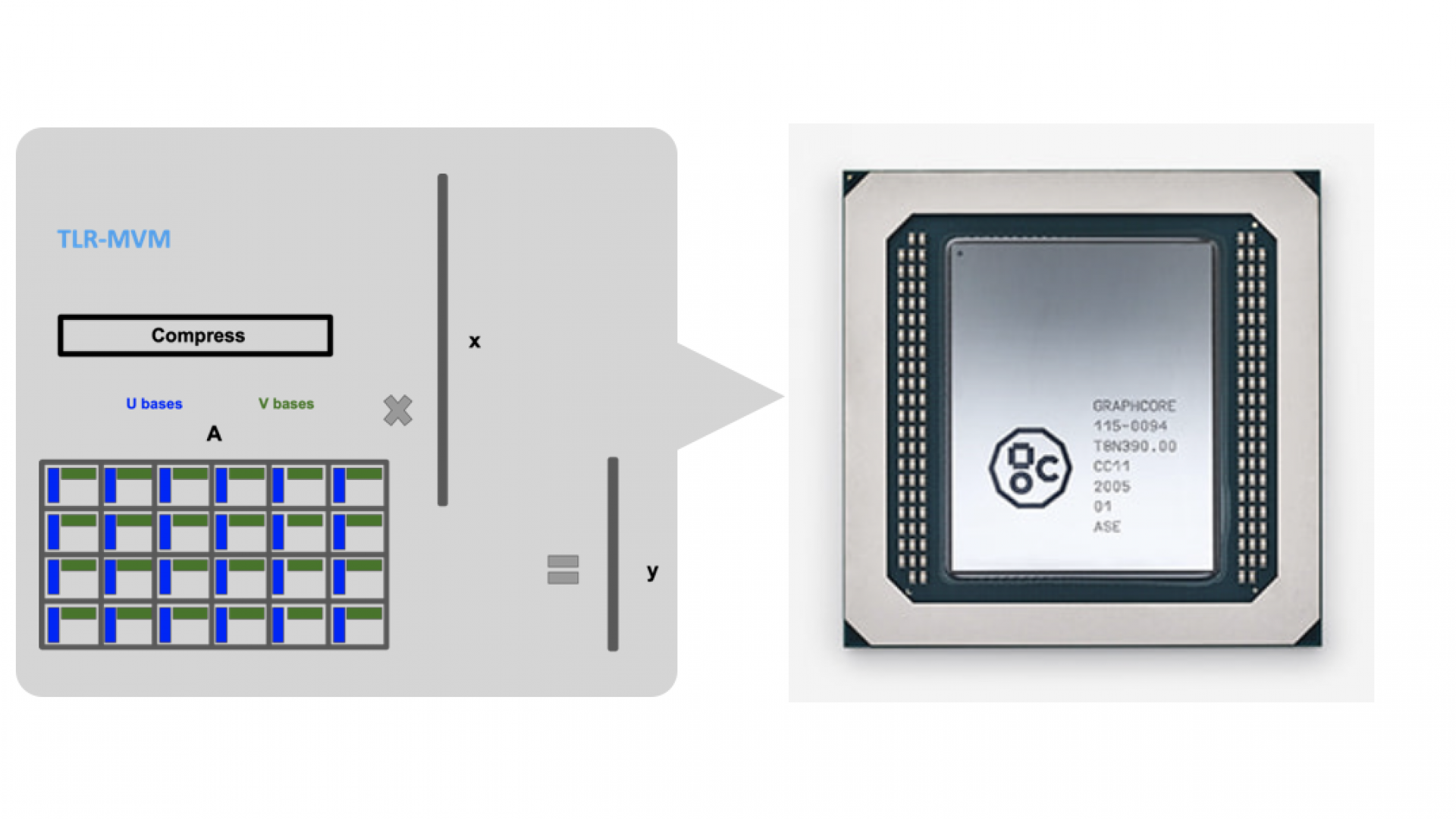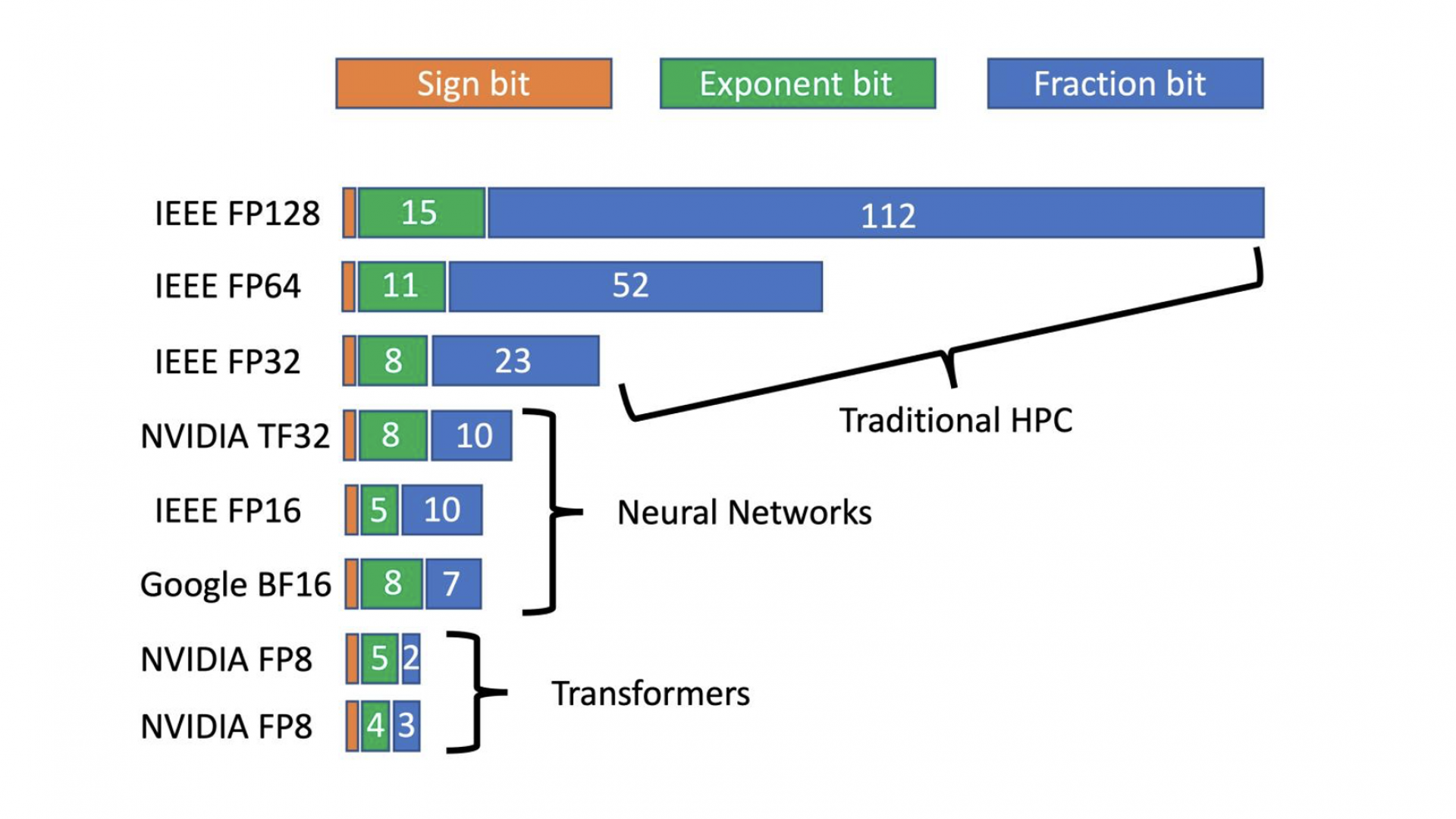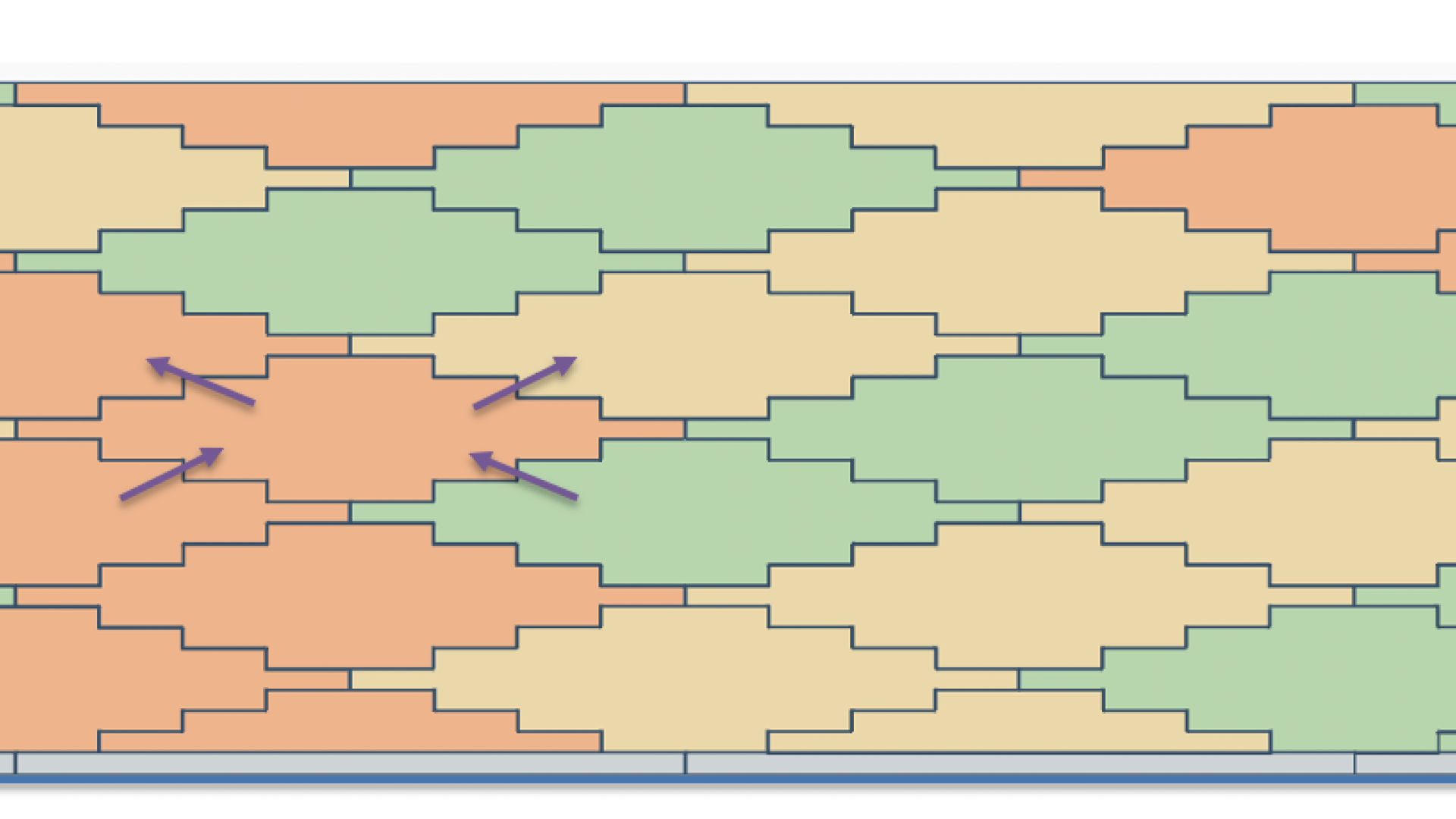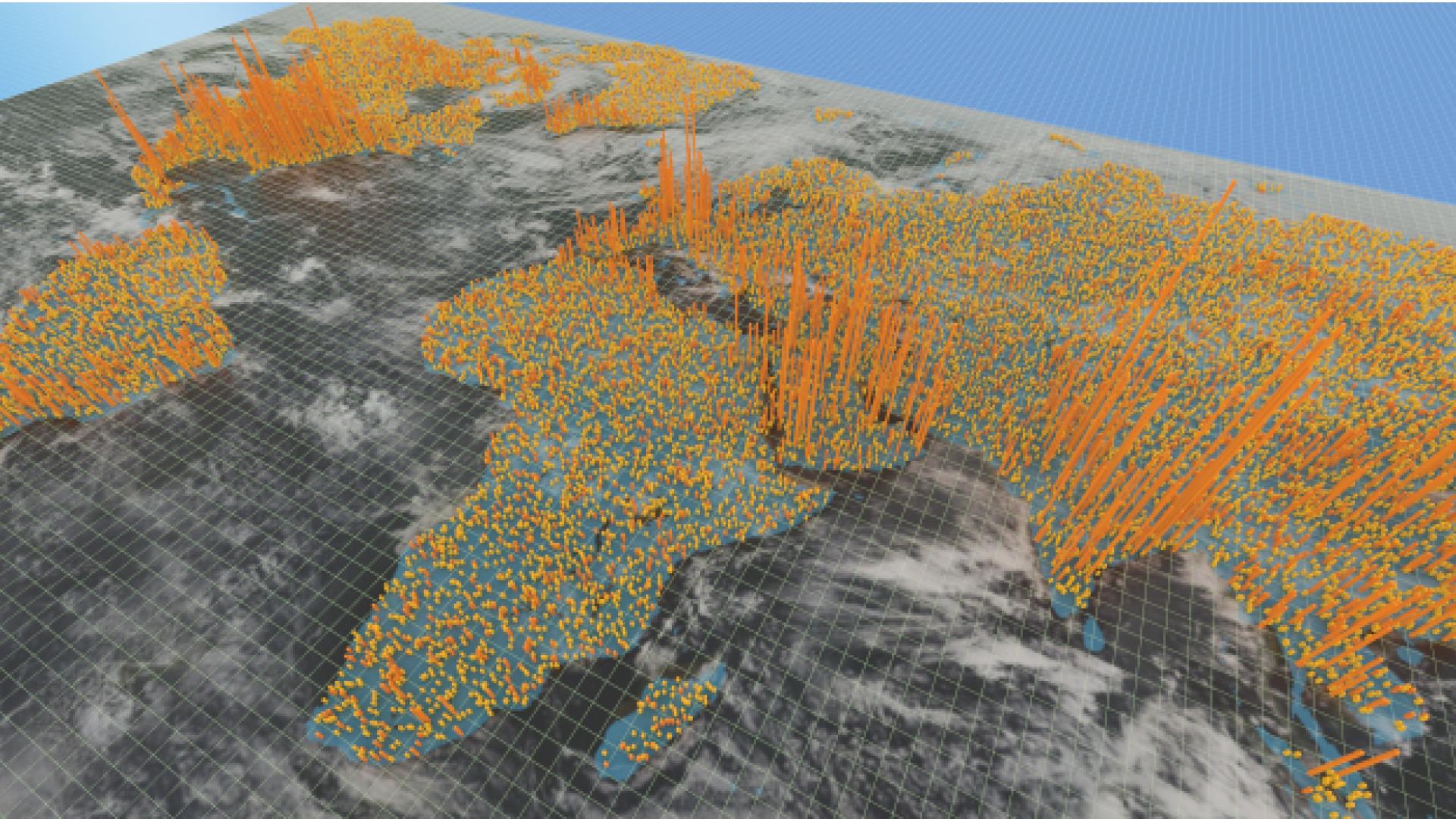TOP500, the definitive voice of supercomputer statistics, has today confirmed King Abdullah University of Science and Technology (KAUST) operates the Middle East’s most powerful supercomputer, Shaheen III, with key details about its capabilities revealed at SC23, the international conference for supercomputing. Shaheen III is also ranked 20th in the world rankings.
Traversing from East to West across 10 cities throughout the Kingdom in 30 days, King Abdullah University of Science and Technology (KAUST) Professor of Applied Mathematics and Computational Science Matteo Parsani concludes his journey “Athar: East to West.”
A global weather prediction model built by KAUST researchers has been nominated for the Gordon Bell Prize for outstanding achievements in high-performance computing.
Abstract:
We explore the possibilities of a hybrid system capable of solving both HPC and AI scientific problems. Such a hybrid architecture combines the synergism between classical HPC platforms and dedicated AI chip systems, which is important due to the computational challenges brought to the fore by massively parallel Exascale systems.
Abstract:
Come and share your experiences with the state-of-the-art of mixed-precision techniques! By wisely trading off accuracy, we can mitigate data movement overheads and increase performance of applications, including real-time adaptive optics simulations on ground-based telescopes and genome-wide association study for agricultural genomics.
Regular stencil computations constitute the main core kernel in many temporally explicit approaches for structured grid finite-difference, finite-volume, and finite-element discretizations of partial differential equation conservation laws.
